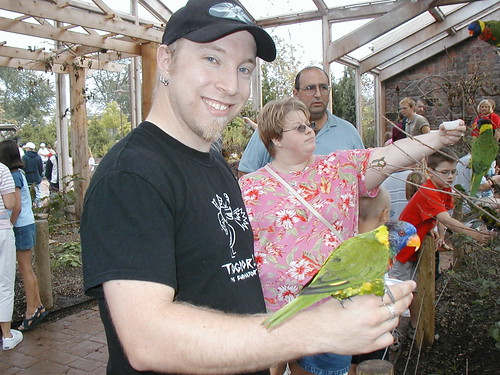I've signed up to transcribe data for the USGS Bird Phenology Program (http://www.pwrc.usgs.gov/bpp/index.cfm). Here's the project summary from the website:
"The North American Bird Phenology Program houses a unique and largely forgotten collection of six million Migration Observer Cards that illuminate migration patterns and population status of birds in North America. These handwritten cards contain almost all of what was known of bird status from the Second World War back to the later part of the 19th century. The bulk of the records are the result of a network of observers who recorded migration arrival dates in the spring and fall that, in its heyday, involved 3000 participants.
Today, those records are being processed and placed into a modern database for analysis. This information will be used, along with recently collected arrival times of migrant birds, in conjunction with historical weather data to show how migration is affected by climate change. The information from this analysis will provide critical information on bird distribution, migration timing and migration pathways and how they are changing. There is no other program that has the depth of information that can help us understand the effect that global climate change has on bird populations across the country."
Essentially, you enter in data from scanned observation cards dating all the way back to the 1880s. You can come across some really interesting observations, too. Today I transcribed a card that was documenting a Great Grey Owl specimen taken in NW Indiana in 1897, for example. It's also neat to see the old names for birds, such as Long-billed Marsh Wren (today just the Marsh Wren), and it's easy to start feeling a connection to these long-ago birders.
One big advantage for me in doing this is that I feel that I am doing some form of birding at this point in my life where birding on a regular basis isn't really an option, so that helps cut back the birding fever. Hopefully by the time spring migration is in full blast, I'll have less problems getting back into the field, but for now, it's the lab!
Wednesday, February 25, 2009
Subscribe to:
Post Comments (Atom)


No comments:
Post a Comment